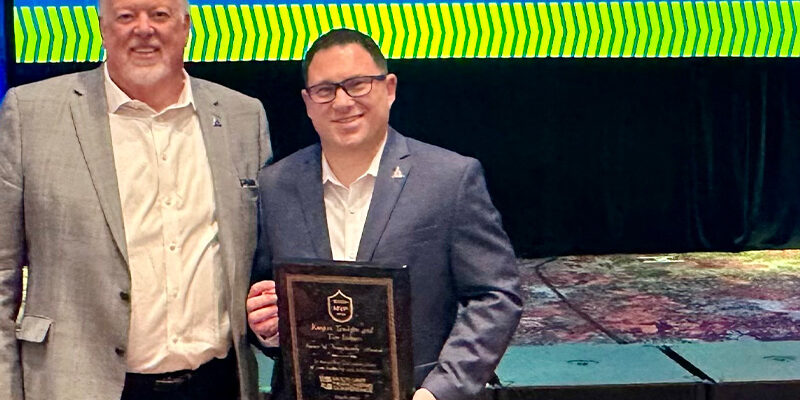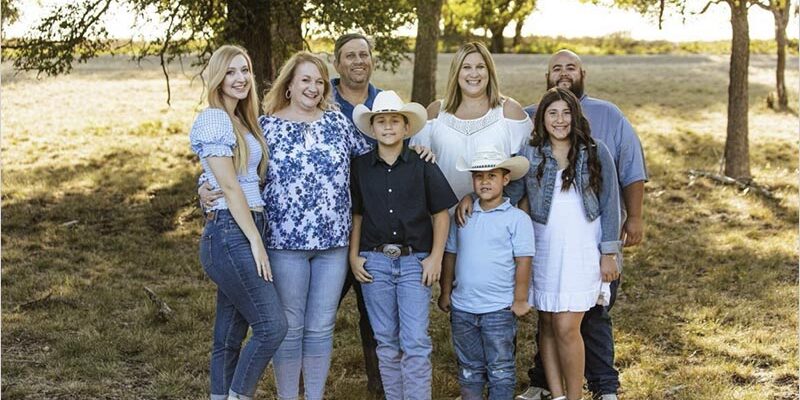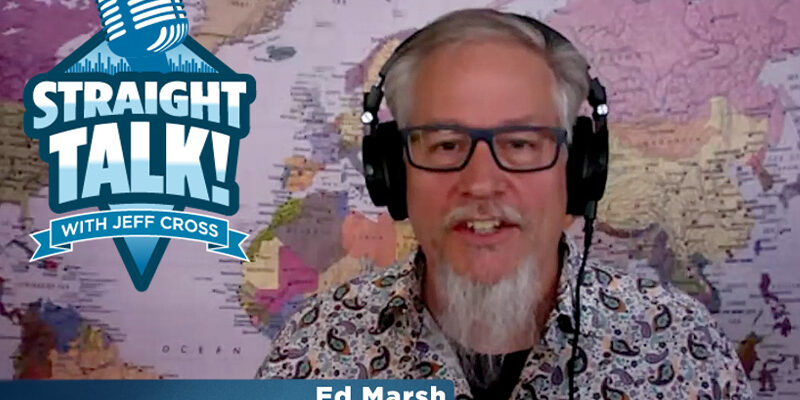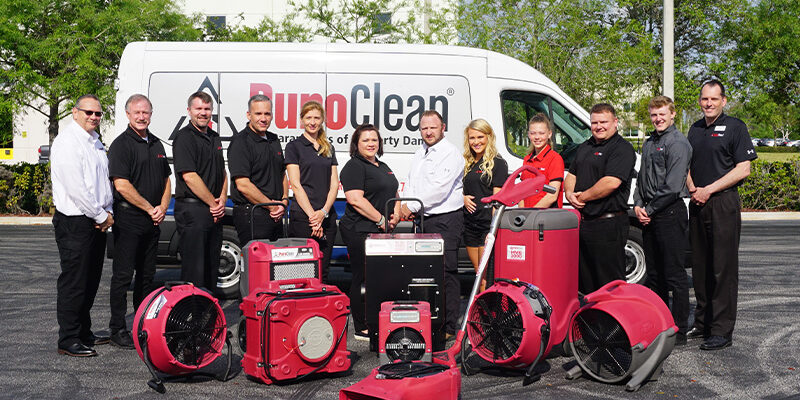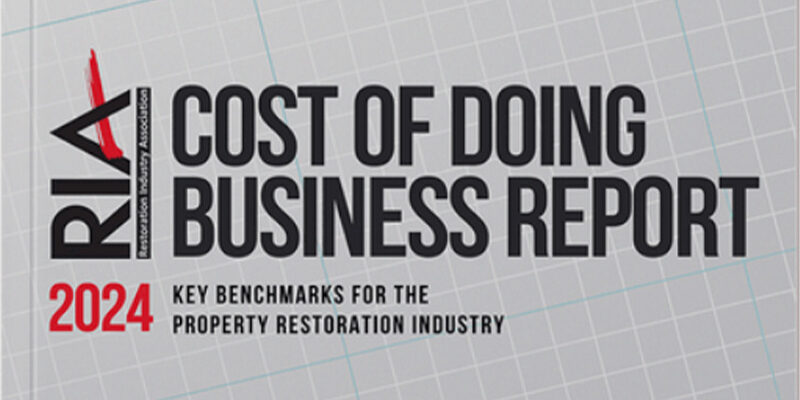A Longing for Belonging
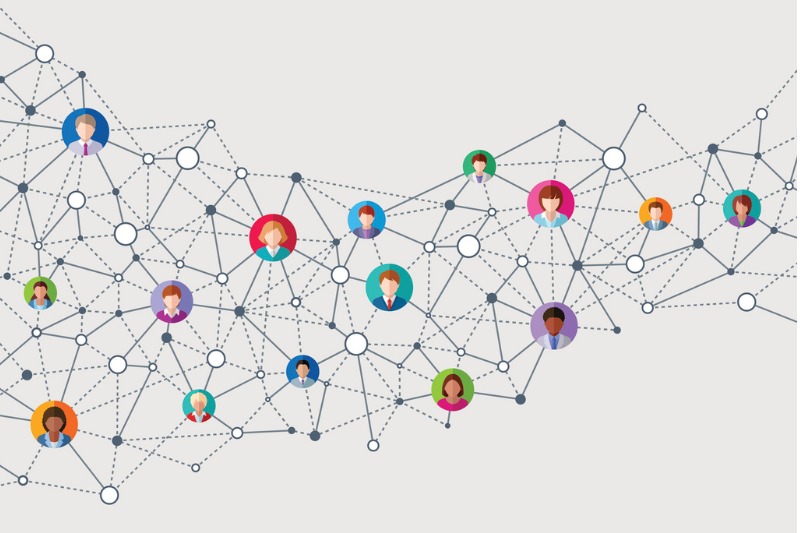
By Howard Partridge
Every human being has a longing for something, and one thing at the top of the list is belonging. We all want to feel loved, accepted, and validated. We want to believe that our lives matter. Deep down, we want to belong to something bigger than ourselves, to feel the power of community. We want to make a positive difference.
Today, we are more connected digitally than ever before, and yet we often feel more isolated and disconnected personally than ever before.
This sense of isolation not only affects our personal lives, but dramatically affects our work life as well. Studies reveal that 70 percent of American workers are disengaged from their work. Perhaps even more disturbing, 18 percent of those workers are actively disengaged, meaning they are actually working against the success of the company. Not surprisingly, this lack of positive purpose bleeds over from employees into customers and has a serious negative impact on our organizations.
There is, however, one simple concept by which leaders can reengage their team members and transform their businesses to be successful. That concept is community. What you must do is build a sense of community in your organization that not only will help you engage your team, but also will create more loyal and devoted clients in the process, which in turn will create higher returns for your organization.
Creating communities
Community has many meanings for many people.
We often use it to refer to a neighborhood or local area, and we sometimes refer to an ethnic group as a community, but the kind of community we are talking about goes much deeper than just a neighborhood or a group of people. It’s about the sense of belonging that all humans hunger for — the need to be connected to one another, the deep desire to be a part of something meaningful, something that makes a difference.
This longing for belonging can have either positive or negative consequences. It is the reason people join clubs and do volunteer work, and it is also the reason people join gangs.
Our own families are the first communities we belong to, but the family community that existed (for some) in the pre-modern world seems to be much rarer now. Some may never have had the benefit of a loving community around them, and the idea of being deeply involved in our family members’ lives, enjoying one another’s successes, and enduring each other’s failures seems to have largely disappeared.
Some argue whether this sense of community ever really existed. After all, every family has endured some type of trouble. Divorce, scandal, addictions, and a variety of issues have plagued many families in the past. And of course, the entirety of human history is littered with injustices, whether it be slavery, war, or corruption.
However, many people felt a sense of community as they grew up. At one time, a child could walk the streets of New York City in relative safety. However, today, you wouldn’t allow a 10-year-old to walk a block — in most cities. Ironically, at the same time, our children are heavily influenced by a media of strangers lurking behind the screens they hold in their hands. Unfortunately, losing the sense of community in our culture has spilled over into virtually every other aspect of our lives, including our business lives. As a result, our organizations today mirror the detachment many feel.
Yet, as we pursue our individual agendas, deep down we all long to experience community. And not only those of us who remember feeling a sense of community in the past yearn for it.
Many of our younger people, today’s new workforce, may never have felt this sense of belonging, but they long for it like everyone else.
Business application
This line of reasoning can be applied to your own company, which is a community you “own.” A genuine community is a group of people who belong to one another. True community is a group of people who are committed to one another in every way possible. They share the same vision and values in life. They care for one another deeply. Someone you’re in a community with would get up in the middle of the night for you for any reason.
If you can create that type of community to some degree in your business, you are onto something.
Business owners and managers who understand and implement the power of community within their organizations can help their team members experience a feeling of being truly connected and valued. A sense of being part of something bigger than themselves that they might not have felt before.
In return, those employees will love being part of the company and will be more likely to treat others with respect and appreciation.
That in turn will create loyal customers and, ultimately, bigger profits for the organization.
Building blocks
All of this must start somewhere, right?
And where you start is where the building begins, much like the building blocks for systematizing a community. Every tribe and every community has its “way” of doing things that must be identified and communicated by the leaders of the organization.
For your own company, there are five “Ps” to consider as you get started:
- Purpose: Why your community exists,
- Positions: The roles of the team members,
- Performance Results Descriptions (PRD): What each team member is responsible for,
- Policies: The rules of the game,
- Procedures: The team playbook.
You will need to create a meaningful community brand experience for your clients, one that generates tremendous loyalty and an increased number of referrals. Get started now on your project of creating a community in your company. You will reap the three big rewards of building community: Inspired, engaged team members; happy, loyal clients; and increased, healthier profits.
Howard Partridge started his cleaning business from the trunk of his car over 31 years ago and built it up to over $3 million per year. For two decades, Partridge has been coaching cleaning and restoration companies, teaching them to have phenomenal success. He is the exclusive small business coach for Ziglar Inc., the world’s first Ziglar Legacy Trainer, the founding member of the John Maxwell Coaching Team, a DISC Certified Trainer, a ONE THING Certified Trainer and a four-time Amazon.com bestselling author. This article is based on a portion of his most recent book, The Power of Community.



